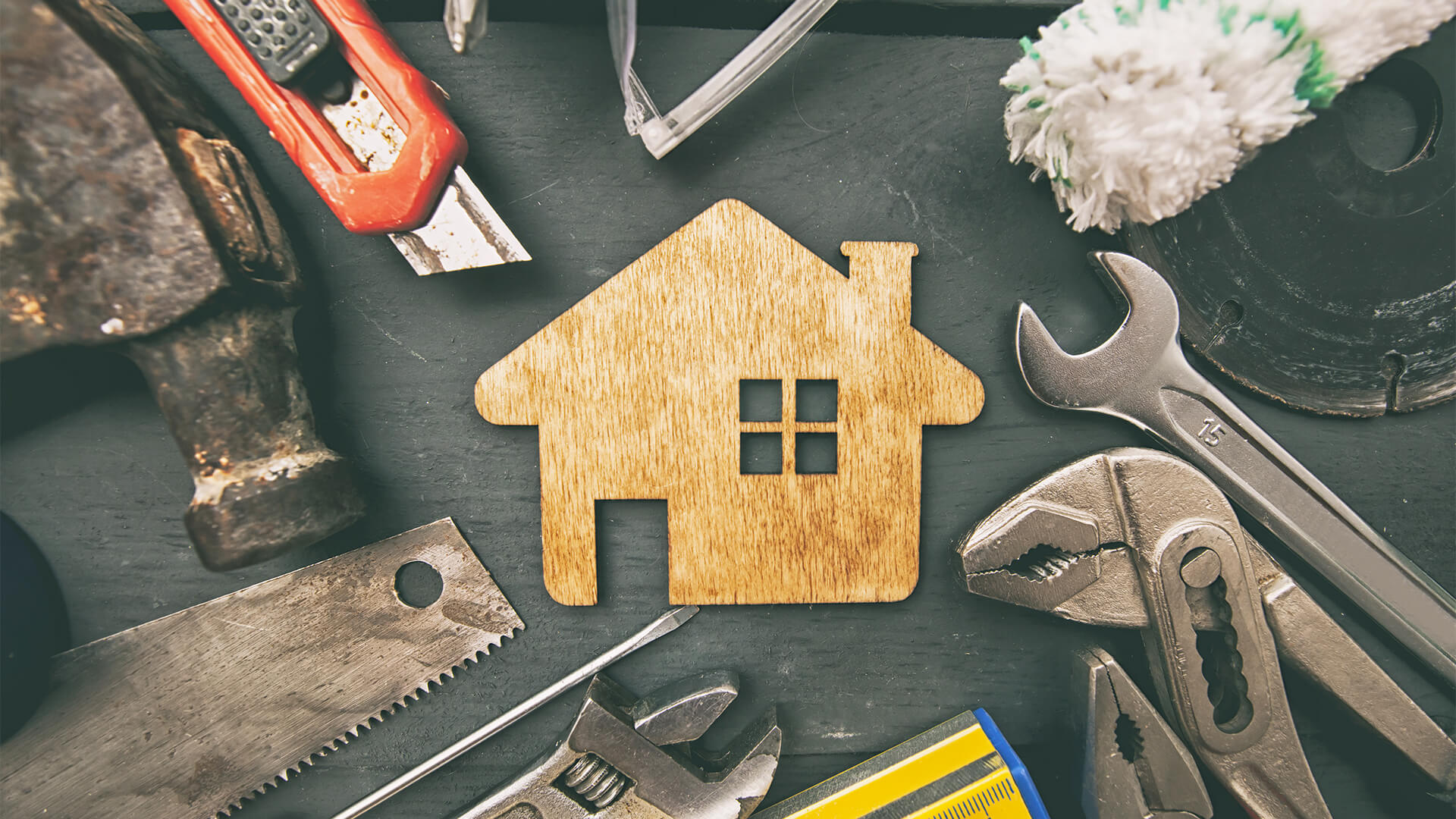Repairs and maintenance are one of the most common causes of conflict between landlords and tenants. Most leases will have a section that details who is responsible for what kind of repairs and maintenance, but it is not always clear cut.
As a general rule, landlords are responsible for repairs to the structure of the property and any major appliances, while tenants are responsible for minor repairs and upkeep.
Landlords: Maintenance & Repair Responsibilities
Landlords are legally required to keep their rental properties in a “habitable” condition. This means that the property must be safe, clean, and free of any health or safety hazards. The Chattanooga property management duties include compliance with relevant housing and building codes.
While the specific maintenance and repair responsibilities of landlords will vary from state to state, there are some general things that they are typically responsible for:
- Repairs to the structure of the property, including the roof, walls, floors, and foundations
- Major appliances, such as ovens, refrigerators, and HVAC systems
- Plumbing and electrical systems
- Stairs and railings
- Pest control
According to Tennessee Code 66-28-304, the type of property also affects a landlord’s repair responsibilities. For example, landlords of multi-unit complexes (properties with four or more units) also need to provide receptacles for the separate collection of garbage and recyclables and maintain common areas, such as lobbies, hallways, and laundry facilities.
Click here – Why Outsourcing PPC Is A Good Option (5 Reasons)
Tenants: Maintenance & Repair Responsibilities
While landlords are responsible for most major repairs and maintenance, tenants also have a role to play in keeping their rental property in good condition. In fact, many leases will require tenants to take care of certain tasks, such as:
- Minor repairs, such as changing lightbulbs and unclogging sinks
- Upkeep, such as lawn care and snow removal
- Cleaning the rental unit, including the kitchen, bathroom, and floors
In addition, any damage that arises due to a tenant’s neglect or carelessness will be the tenant’s responsibility to repair. Some common examples are:
- Damages caused by pets
- Holes in walls from nails or picture frames
- Stained or damaged carpets
- Clogged toilets due to flushing inappropriate items
- Infestations caused by not cleaning up properly
A tenant’s guests, and any damage they cause, also falls under the tenant’s responsibility.
Preventative Maintenance
Of course, it’s always better to prevent problems from happening in the first place, and that goes for both landlords and tenants. Landlords should regularly inspect their rental properties and make any necessary repairs in a timely manner. Tenants should also do their part by alerting the landlord to any problems as soon as they arise and taking care of minor repairs and upkeep tasks in a timely manner.
What If the Landlord Refuses to Make Repairs?
If a landlord refuses to make necessary repairs, tenants have a few different options. The first is to withhold rent until the repairs are made. Usually, the tenant will need to put the rent in escrow, aka “rent withholding,” and provide written notice to the landlord detailing the problem and how long it has been going on. However, this should only be done as a last resort and after consulting with an attorney, as it can lead to eviction.
Another option is to “repair and deduct.” This means that the tenant pays for the repair themselves (up to a certain amount) and then deducts the cost from their rent payment. Again, this should only be done after consulting with an attorney, as it can also lead to eviction.
Finally, tenants can choose to break their lease and move out early if the rental property is deemed “uninhabitable.” However, they will likely still be responsible for paying rent for the remainder of the lease term.
On the other hand, landlords are also entitled to:
- Receive proper notice of the repair needed
- A reasonable amount of time to make the repairs
- Reasonable access to the rental unit to make the repairs
If you’re a landlord or tenant in Tennessee and have questions about your maintenance and repair responsibilities, it’s best to contact an experienced attorney for help before taking any action.
What Landlords Are Not Responsible For
Finally, there are some things that landlords are not responsible for, no matter what. These include:
- Cosmetic repairs or upgrades, such as painting or installing new countertops
- Optional remodels or additions, such as a new backsplash or built-in shelving
- Major appliances that are not included in the lease agreement, such as a new washer and dryer
These are just a few examples, but as a rule of thumb, never assume that your landlord will be responsible for a repair or upgrade just because it would make your life easier. If you’re not sure whether something is the landlord’s responsibility or not, it’s always best to ask before taking any action.
Check the Lease and Communicate
Many issues between landlords and tenants can be avoided from the start. That’s why it’s always a good idea to carefully read over your lease agreement before signing it. Confirm the expectations for repairs and maintenance and get any questions you have answered in writing.
And throughout the duration of your lease, be sure to communicate regularly with your landlord about any problems or concerns you have.
By taking these precautions, you can help ensure that any repair or maintenance issue is handled quickly and efficiently – and with as little stress as possible.
Click here – Types of Violin Case Shapes You Should Know





